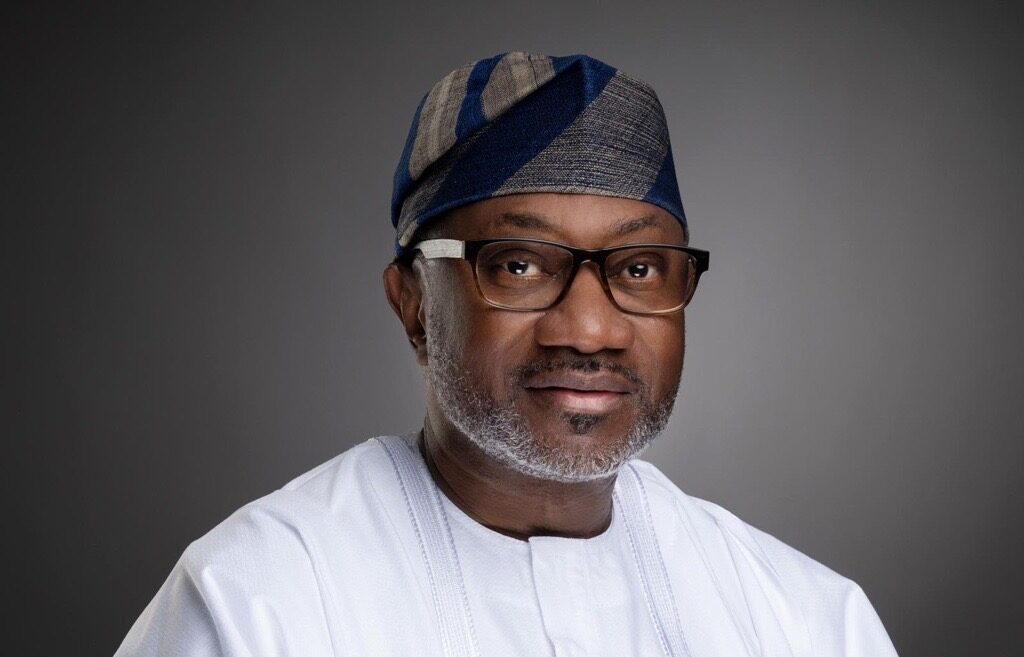Femi Otedola, a Nigerian billionaire, detailed his loss of over N200 billion (approximately $1.2 billion USD at the time) in 2008-2009 in his memoir, Making It Big: Lessons from a Life in Business (released August 18, 2025). The loss stemmed from a combination of factors affecting his company, Zenon Petroleum, and the broader economic environment. Here’s a breakdown of how it happened:
- Global Oil Price Crash (2008): Otedola’s company, Forte Oil (formerly Zenon Petroleum), ordered a massive diesel shipment of one million tons when crude oil prices were at $147 per barrel. By the time the shipment arrived in Nigeria, the global financial crisis had caused oil prices to plummet to $40 per barrel. This resulted in a loss of $480 million due to the collapsed diesel market, as Otedola controlled about 93% of Nigeria’s diesel market at the time.
- Naira Devaluation: In 2009, the Nigerian naira depreciated from N120 to N167 per dollar, exacerbating Otedola’s financial strain. His business had significant dollar-denominated liabilities, and this devaluation led to an additional loss of $258 million.
- Accruing Interest on Loans: High interest rates on loans taken to finance the diesel shipment and other operations added $320 million to his losses, as the debt burden grew unmanageable.
- Stock Market Crash: The 2008 global financial crisis also triggered a stock market crash in Nigeria, wiping out $160 million when the value of Otedola’s investments, including stakes in banks and other companies, plummeted.
The total loss amounted to approximately $898 million (though some sources, like Otedola’s memoir, cite up to $1.2 billion when factoring in additional debts and asset devaluations). This crisis left Otedola with a debt of N200 billion ($1.2 billion), which was later reduced to $800 million after the Asset Management Corporation of Nigeria (AMCON) bought the debt and shaved off about $400 million. Otedola declined a restructuring deal from AMCON, choosing instead to sell nearly all his assets—184 flats, stakes in banks like Zenith and United Bank for Africa, shares in Mobil Oil, Africa Finance Corporation, and Transcorp Hilton—to repay the debt. He was left with only his office space and a 34% stake in African Petroleum (rebranded as Forte Oil).
Otedola described this period as a “terrible nightmare” from which there was “no waking up,” and he even contemplated suicide but chose to “weather the storm.” Banks, which had previously courted him with incentives and “bewitching ladies” to secure loans and deposits, turned hostile, sending “hefty, barrel-chested men” to his home to recover debts.
Despite this setback, Otedola rebounded by rebuilding Forte Oil and later investing in Geregu Power Plc and FBN Holdings. By 2014, he returned to the Forbes rich list with a net worth of $1.8 billion, and as of 2025, his wealth is estimated at $1.7 billion, driven by strategic investments in energy and banking. His story highlights resilience, as he learned critical lessons about business sustainability and risk management from the experience.
Note: The N200 billion figure aligns with the total debt Otedola faced, as mentioned in sources like Forbes Africa, though the breakdown of losses ($898 million to $1.2 billion USD) varies slightly across reports due to exchange rate fluctuations and additional financial pressures.
